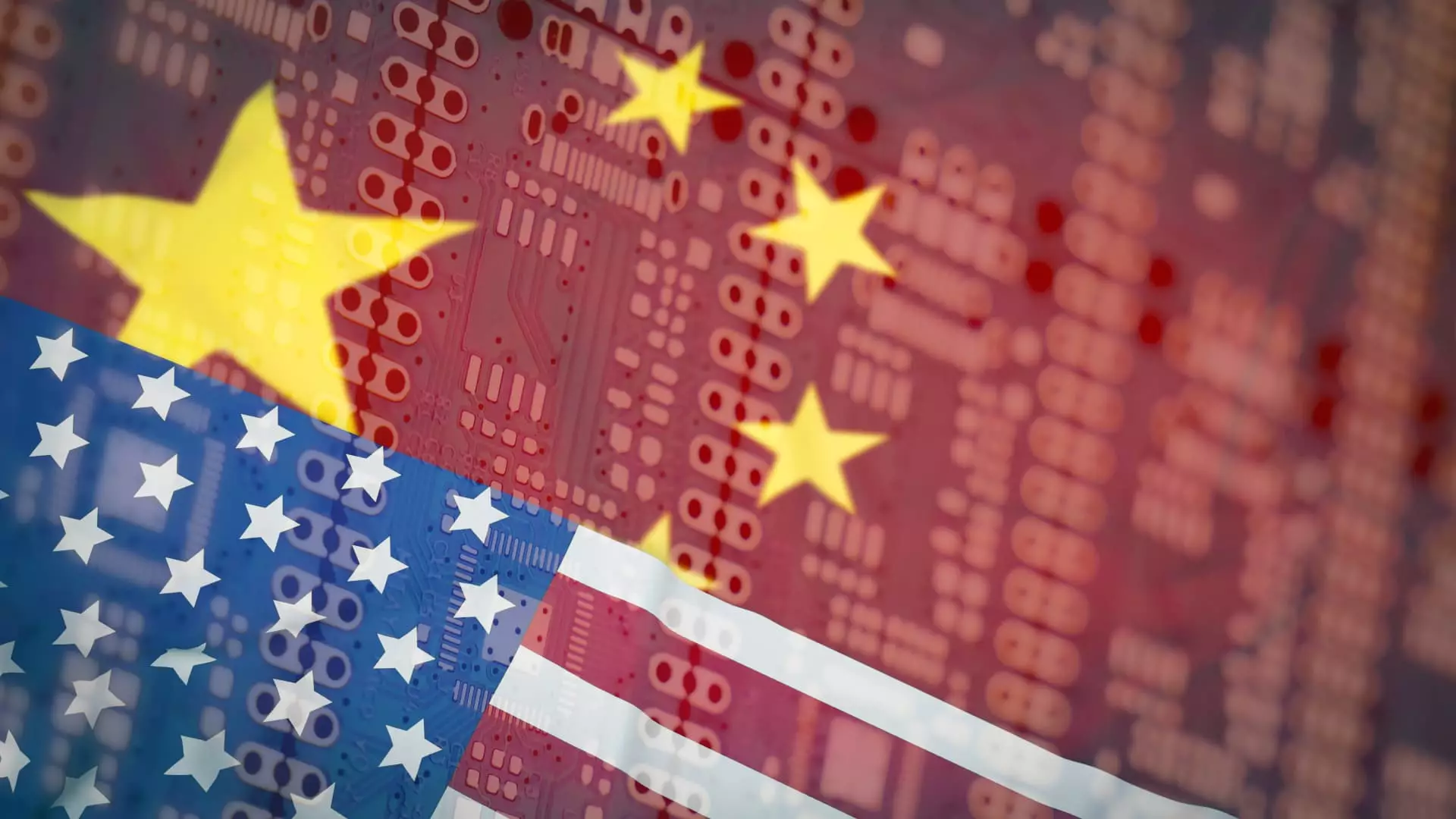The global focus on generative artificial intelligence has predominantly been on big U.S. companies such as OpenAI, Google, and Meta. However, in the past 18 months, China’s tech giants, including Alibaba and Tencent, have made significant strides in developing their own AI models to capitalize on the growing hype surrounding the technology. China’s goal of becoming a world leader in AI adds a new dimension to its ongoing technology competition with the United States. While previously viewed as playing catch-up to the U.S., China’s efforts in the AI race are gaining momentum.
Generative AI encompasses applications like OpenAI’s ChatGPT, capable of producing text, images, and videos based on user inputs. These applications rely on large AI models trained on massive datasets, with Google’s Gemini being a prominent example. Chinese technology companies are navigating strict regulatory requirements imposed by Beijing when releasing their AI models. Let’s delve into some of the significant Chinese AI models developed by the country’s major tech firms.
Baidu’s AI Innovations
Baidu, one of China’s leading internet companies, was among the first to introduce generative AI applications in the country. Their AI model powers Ernie Bot, an AI chatbot designed to compete with OpenAI’s ChatGPT, boasting an impressive 300 million users. Baidu’s latest version, Ernie 4.0, is on par with OpenAI’s GPT-4 in terms of capabilities, with advanced understanding and reasoning capabilities. The company offers the use of its AI model through its cloud computing division.
Alibaba’s Foundational Models
Alibaba unveiled its set of foundational models, Tongyi Qianwen, last year. These models, collectively known as Qwen, serve various functions, from content creation to math problem-solving. Some versions are open-source, enabling developers to utilize them with certain restrictions. Alibaba reported that over 90,000 enterprise users have deployed its Qwen models. The open-source nature of these models enhances accessibility and promotes broader adoption within the tech community.
Tencent introduced its foundational model, Hunyuan, catering to companies through its cloud computing services. Hunyuan boasts robust Chinese language processing capabilities and advanced logical reasoning, supporting functions like image creation and text recognition. Positioned as a versatile solution for industries ranging from gaming to e-commerce, Tencent’s model highlights the company’s commitment to innovation. WeChat, China’s largest messaging app, is leveraging Tencent’s AI advancements in the form of an AI chatbot, Yuanbao, enhancing user experience and engagement on the platform.
Huawei’s Industry-Specific Approach
Huawei has adopted a unique strategy with its Pangu AI models, targeting customers in specific sectors like government, finance, manufacturing, mining, and meteorology. For instance, Huawei’s Pangu Meteorology Model can predict the trajectory of a typhoon in a fraction of the time compared to traditional methods, showcasing the efficiency of AI in diverse applications. These industry-specific models, available through Huawei’s cloud computing services, incorporate generative features like code generation and virtual human avatars, catering to the evolving needs of various sectors.
ByteDance’s Late Entry with Doubao Model
ByteDance, the parent company of TikTok, entered the AI race this year with its Doubao model, offering competitive capabilities at a lower price point compared to industry rivals. The Doubao model excels in generating voices and code, illustrating ByteDance’s commitment to innovation despite entering the market later than its counterparts. By providing cost-effective AI solutions, ByteDance aims to carve a niche in the evolving landscape of artificial intelligence technologies.
The emergence of Chinese tech giants as major players in AI development signifies a shift in the global technological landscape. With a focus on innovation, accessibility, and industry-specific solutions, these companies are driving advancements in artificial intelligence and reshaping the future of tech innovation. As China accelerates its efforts to become a leader in AI, the competition with U.S. tech giants intensifies, setting the stage for a dynamic and transformative era in the realm of artificial intelligence.


Leave a Reply